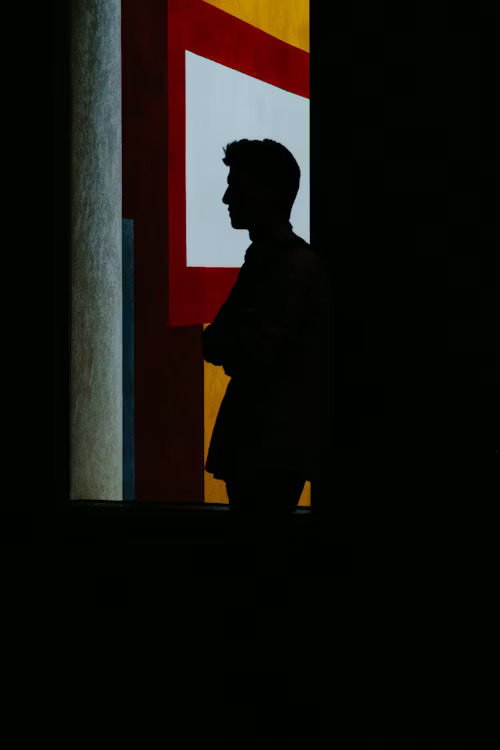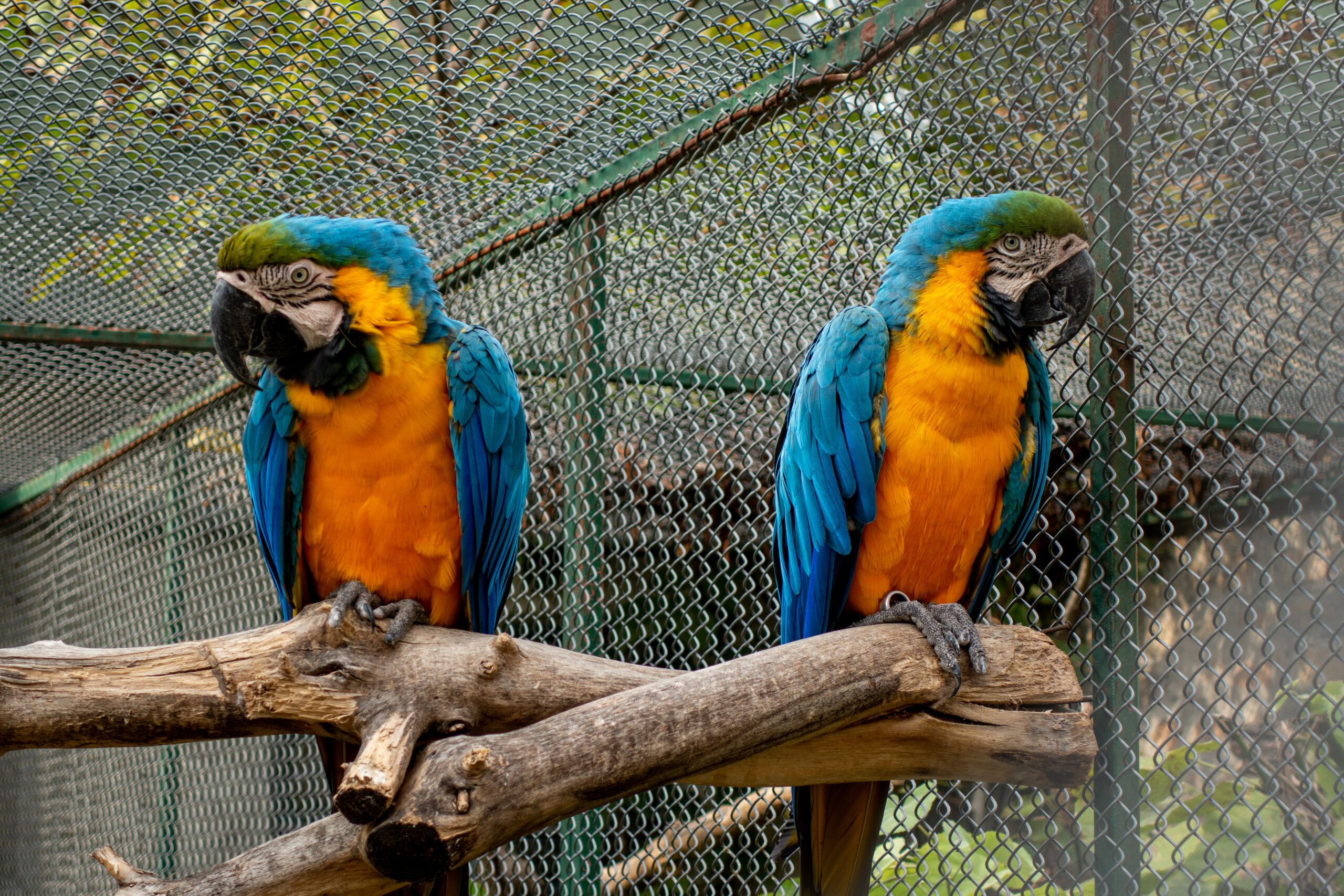blog: news and opinion
Clinging - and pausing
24th September 2024Read more »
Home: what does it mean for the leader?
30th August 2024What does ‘home’ actually mean? What will we tolerate or sacrifice in order to find home? What isolation, loneliness or lack of rootedness is acceptable? What might we cling on to from any previous sense of home that we have had? Home can be a knowing of oneself, a clarity about who one really is, and a feeling of not only familiarity, but also ease with that, as well as home in terms of a knowing of the systems one exists as part of. This is, it seems to me, critical for the leader if they are to lead with assurance, with empathy and compassion, with insight and versatility, and with the capacity to recognise and manage complexity. When the leader is not at home in the figurative sense, they lack the rootedness and stability that come with feeling ‘at home’ with themselves. A well-developed sense of self-awareness, and an awareness of the systems they form part of, almost implicitly bring a sense of acceptance of both self and system which can be very steadying to be with, including through turbulent, difficult, challenging or uncertain times. And my sense is that that acceptance is a significant component of the leader feeling at home and being at home. The impact for the leader’s teams may mirror any or all of the impact for the individual leader – and likewise for the effectiveness of both.
Read more »Out of control
31st July 2024Two topics relevant to leadership have arisen for me: on the one hand, some leaders’ effort (and expectation) to control, and, on the other, the reality that all organisations and teams operate in a context of complex systems. In fact, success in the quest for control is impossible because all organisations consist of constantly moving parts in interrelationship with each other. The constant moving creates changes in the interrelationships and therefore in the interdependencies. This approach to leadership doesn’t usually lead to engagement or discretionary effort. It may lead to compliance, but it doesn’t lead to flourishing, health or vibrancy in an organisation. One way of seeing how systems work is through systemic constellations: when one element moves its position, so do all the others. Their relationships to each other change, which will have implications for what needs attention at any given moment, and what kind of attention. Control, or an attempt to control, simply doesn’t work: the system has a life of its own.
Read more »What holds me back?
28th June 2024For some time I’ve been in conversation with Julian Burton, change consultant, creative artist, facilitator and leadership coach. Julian has created a number of pictures that have reflected scenarios we’ve each been witness to in our work and conversations that we have co-facilitated with public sector leaders – and the one at the head of this piece is amongst his latest. Some of what I find striking about it is what I see, some is what I experience, and some is thought and curiosity. I’m curious about what you may see, experience and think when you look at the picture. If you’re a public sector leader, a safe and spacious space for conversation and for nurturing hope with like-minded leaders can make a significant difference. This is the kind of conversation that Julian and I enable and facilitate. If you’d like to join us, please drop me an e-mail at lw@lindsaywittenberg.co.uk
Read more »Either-or, us or them: the perils of polarisation
31st May 2024A polarised position is characterised by a certainty. Boundaries are created which become increasingly strong, rigid and immovable with the passage of time and the reinforcement of the conviction of being right. In these contexts I notice a lack of critical, objective thinking and of curious enquiry. One ‘side’ is split off from the other by a stubborn blindness. Difference from ‘the other’ is reinforced too: the sense of ‘I’m right and you’re wrong’ morphs into ‘I’m good and you’re bad’, which in turn morphs into ‘I’m acceptable and you’re unacceptable’. This can also move into the idealisation of one’s own leader and the demonisation of the other’s leader. Those who take a polarised stance usually don’t recognise it. Neither are they open to rationalisation, compromise, or any nuancing of belief, so no amount or persuasiveness of data makes any impact. On a team or at an organisational level it can seriously inhibit effectiveness and flourishing. It can be very difficult for a person taking a polarised position to engage in dialogue because they come from a conviction of already being right rather than seeking collaborative thinking which can offer them learning if they are willing to open their minds to unfamiliar and unwanted perspectives.
Read more »Creating psychological safety for yourself
30th April 2024Feeling psychologically unsafe evokes a range of emotions and behaviours: anxiety, lack of trust, loss of motivation, indecisiveness, reticence, withdrawal and loss of engagement, to name but a few. It’s bad news for a team or an organisation. Professor Amy Edmondson’s globally-recognised and ground-breaking work in The Fearless Organization brings insight to the experience and realisation of psychological safety, and allows it to be measured. That measurement in a team can be debriefed, and the behavioural and attitudinal sources of the scores explored through facilitation that supports teams to capitalise on it and/or improve it. A different challenge arises when a team member experiences a lack of psychological safety, and when that very lack makes it impossible to share honestly with anyone, least of all with the leader, who may themselves be the source of the lack of safety. There are a number of possible approaches that can help.
Read more »Being before doing
30th March 2024It’s so easy to get sucked down the rabbit hole of ‘doing’ in order just to get through every day, forgetting engagement with the bigger picture - what it’s about, where we’re really going, what our guiding principles are, and – so importantly – the interconnecting, systemic and interdependent factors and features that underpin any given situation and that circumscribe inevitable complexity. Coaching clients have ended their programmes realising that they have been able to become more of who they really were, and, as part of the journey, to discover how important ‘being’ was to them. Executive coaching has at its heart the relationship between the client and myself: a relational process. A central part of this relational process is the expansion of awareness beyond thinking alone: moving into a space where both client and I let go of knowing, and experience the emergence of different types of awareness that can bring deep insights on which they can then act. They relate to their situations, their possibilities and their options from new, expanded perspectives. That’s real change – real transformation.
Read more »Being different - and vertical development
29th February 2024We are living in times of unprecedented, and growing, complexity, which it is the leader’s role to manage, negotiate and enable their people to flourish in. Vertical development recognises that adults develop, from childhood onwards, through stages of cognitive, attitudinal and emotional development which research over decades has shown to be definable and predictable. As leaders move through the stages they can develop their capacities to deal with complexity, ambiguity, uncertainty and volatility. Children mature, and, as adults, they become capable of doing more complex tasks through further stages of development and new capabilities and perspectives. When leaders have a sense of not fitting in, the reason can be a dislocation between their individual stage of development and the stage of development of their peers, their seniors or the organisational culture as a whole. The leader at a later stage can feel lonely and isolated, but they may find that they can relate more easily by, on the one hand using concepts and language that will be meaningful to their colleagues at the stage those colleagues are at, and by finding or creating outlets for themselves – new, interesting activities, especially with others at a similar developmental stage.
Read more »The leader's profile
26th January 2024There’s a common perception that the effective leader is the leader with an imposing presence. It can be easy to assume that the expressive, obvious character in the room is also the most obvious leader. Introverts have a particular challenge when they need to raise their profiles, especially when it comes to developing their careers and strengthening their network connections of stakeholders. Introverts can find engaging with others in meetings tiring and costly in terms of energy. There are endless practical tips on raising profile. However, this ignores an important – and arguably more powerful - area: how to ‘just be’. To find comfort and safety in the authenticity, ease and truth of being yourself without trying to match anyone else, and without trying to match the imagined expectations or assumptions of other people. That comfort with being yourself – being happy in your own skin - conveys natural confidence and gravitas.
Read more »Conflict
28th December 2023Conflict is usually costly, painful and damaging. What are the alternatives? Some might say compassion. Others might say community, cohesion, or connection. Others might opt for peace or safety or kindness. Or collaboration or cooperation. Conflicts can pass in a moment and leave no apparent trace, or they can leave deep and long-lasting physical, emotional, mental, social, or economic wounds – and at its worst, individual or collective trauma. Not being in conflict brings a greater chance of wellbeing, of efficiency, of a sense of safety and of organisational or societal health. Besides needing emotional intelligence, not being in conflict, or defusing conflict, can take humility, a willingness to be vulnerable, and psychological safety. We can do worse than be guided by Marshal Rosenberg’s principles of non-violent communication, and a shift in thinking and conceptualisation from ‘you and I’ to ‘we’.
Read more »Click here to receive the occasional interesting e-mail
Click here to receive my free report for coaching sponsors:
Evaluating coaching
Click here for my free report for coaching clients:
How to choose the right coach
You can call Lindsay on
+44/0 20 7112 7001 or
click to send her a message









